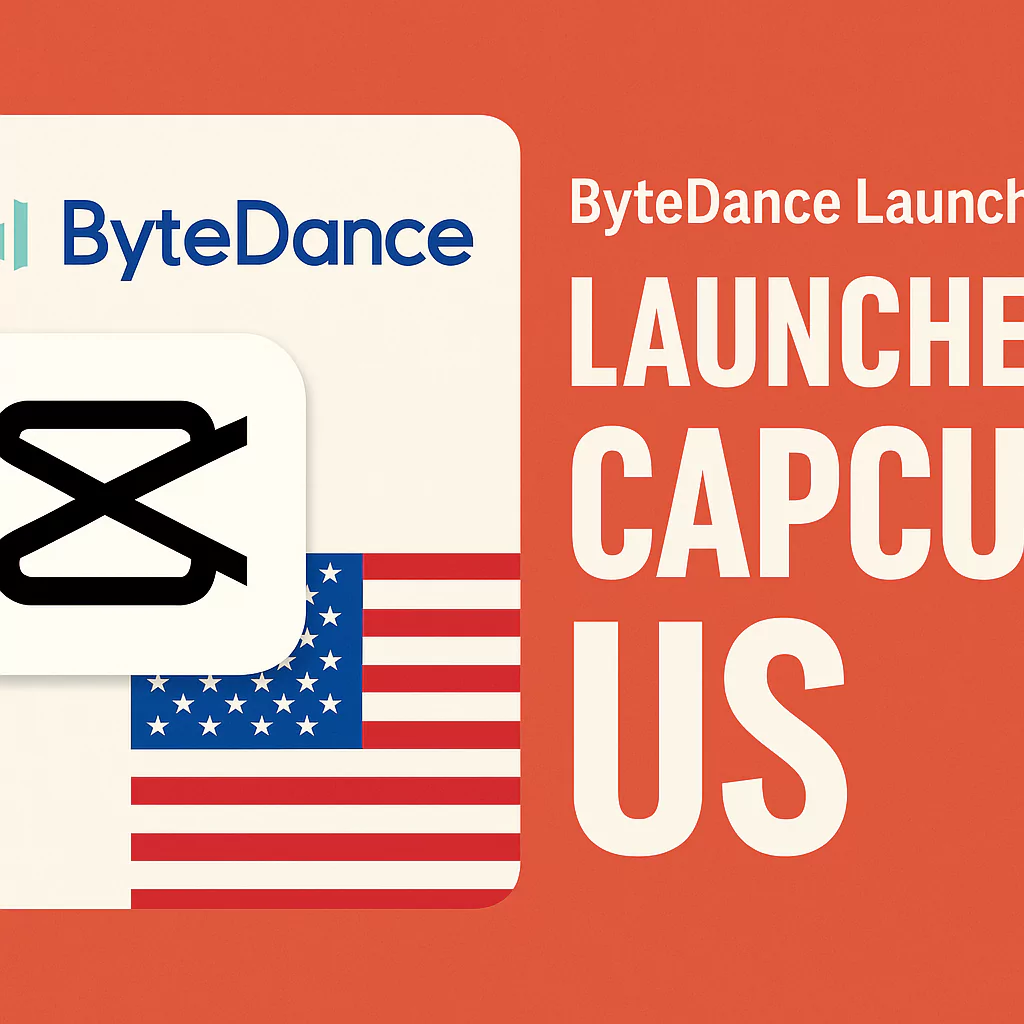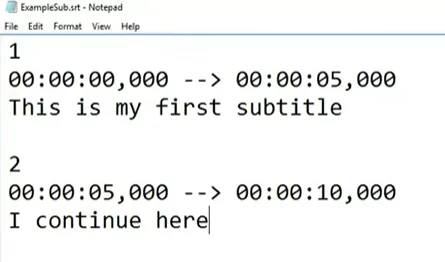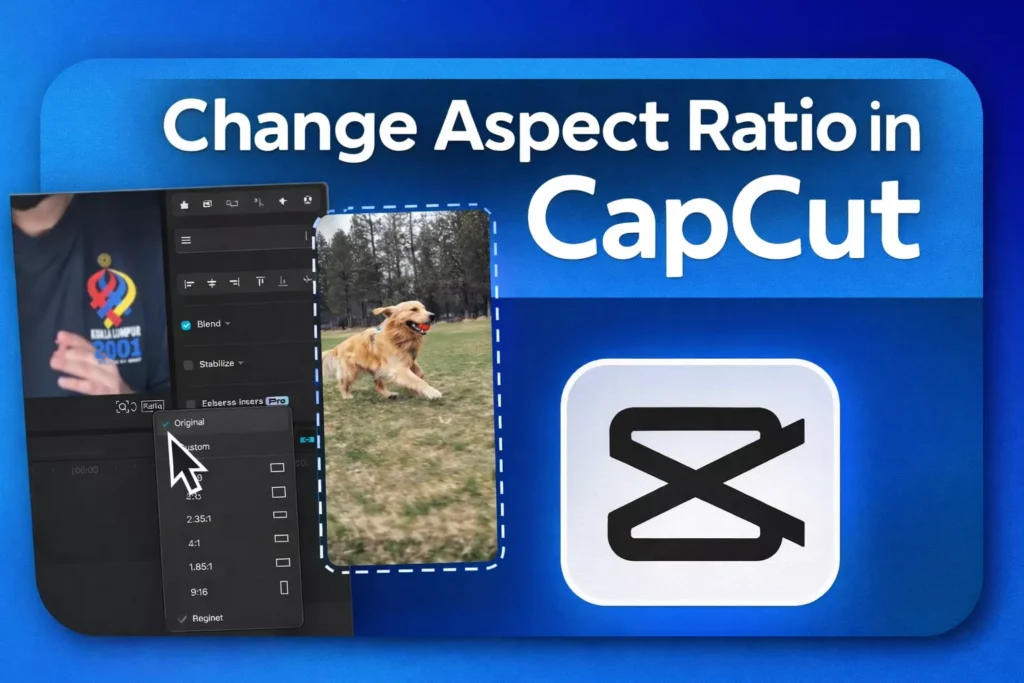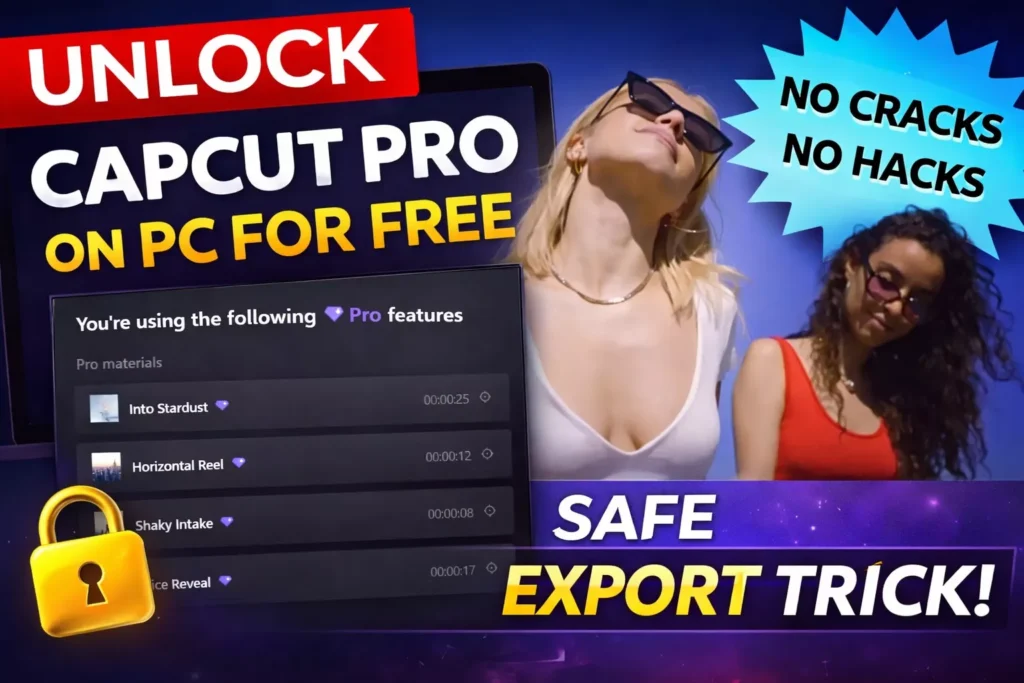ByteDance, the parent company of TikTok and CapCut, is preparing to roll out a U.S.-specific version of its flagship video editing app, CapCut. Dubbed “CapCut US”, this development follows intensifying pressure from U.S. lawmakers who demand Chinese companies either divest their U.S. operations or face bans.
Why ByteDance is launching CapCut US app?
CapCut, with over 1 billion downloads globally, has become the editing tool of choice for content creators. But in 2024, the U.S. passed a law requiring ByteDance to sell its U.S. assets or halt operations by January 2025—a deadline later extended to September 2025.
To avoid a ban and retain its American user base, ByteDance is splitting its app infrastructure. CapCut US will operate independently from the global version, with localized data handling and (potentially) modified feature sets.
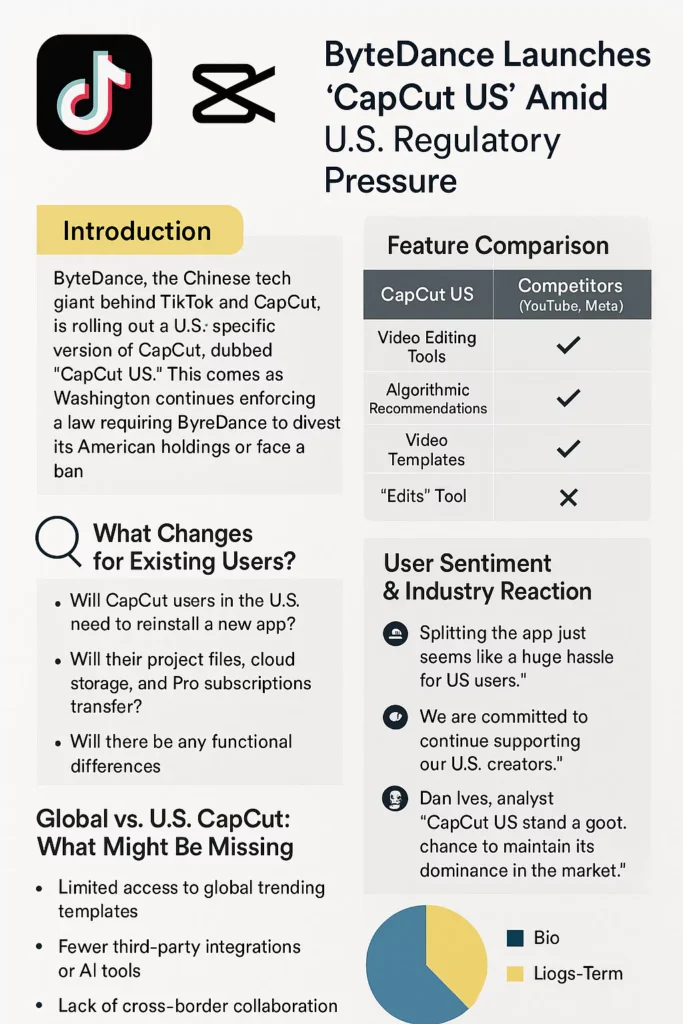
Why the split?
- Compliance with U.S. Law
In April 2024, Congress passed the Protecting Americans From Foreign Adversary Controlled Applications Act, mandating ByteDance either divest its U.S. apps (TikTok, CapCut, Lemon8, etc.) or cease operations by January 2025. A temporary extension was later granted by Donald Trump, delaying enforcement to September 2025. - Safe Harbor Strategy
By isolating U.S. data and operations within “CapCut US,” ByteDance aims to sidestep the heavier demands placed on foreign-controlled apps and assure regulators that American user data remains under U.S. jurisdiction. - Broader Decoupling
This move mirrors ongoing efforts to launch U.S.-only versions of TikTok, enabling ByteDance to appease lawmakers while retaining a U.S. presence.
Timeline: Key events leading to the split
| Date | Event |
|---|---|
| April 2024 | U.S. passes divest-or-ban law targeting foreign-controlled apps |
| May–June 2025 | TikTok sale talks intensify |
| July 2025 | ByteDance announces CapCut US |
| Sept 2025 | Updated U.S. compliance deadline |
Feature comparison: CapCut US vs. Other competitor apps
| Feature | CapCut US | YouTube Studio / Meta “Edits” |
|---|---|---|
| Video Editing Tools | Yes | Yes |
| AI Recommendations | No | Yes |
| Video Templates | Yes | No |
| Social Sharing Integration | Limited | Yes |
| Edits Tool | No | Yes |
CapCut US may omit some global features due to regional compliance or technical isolation.
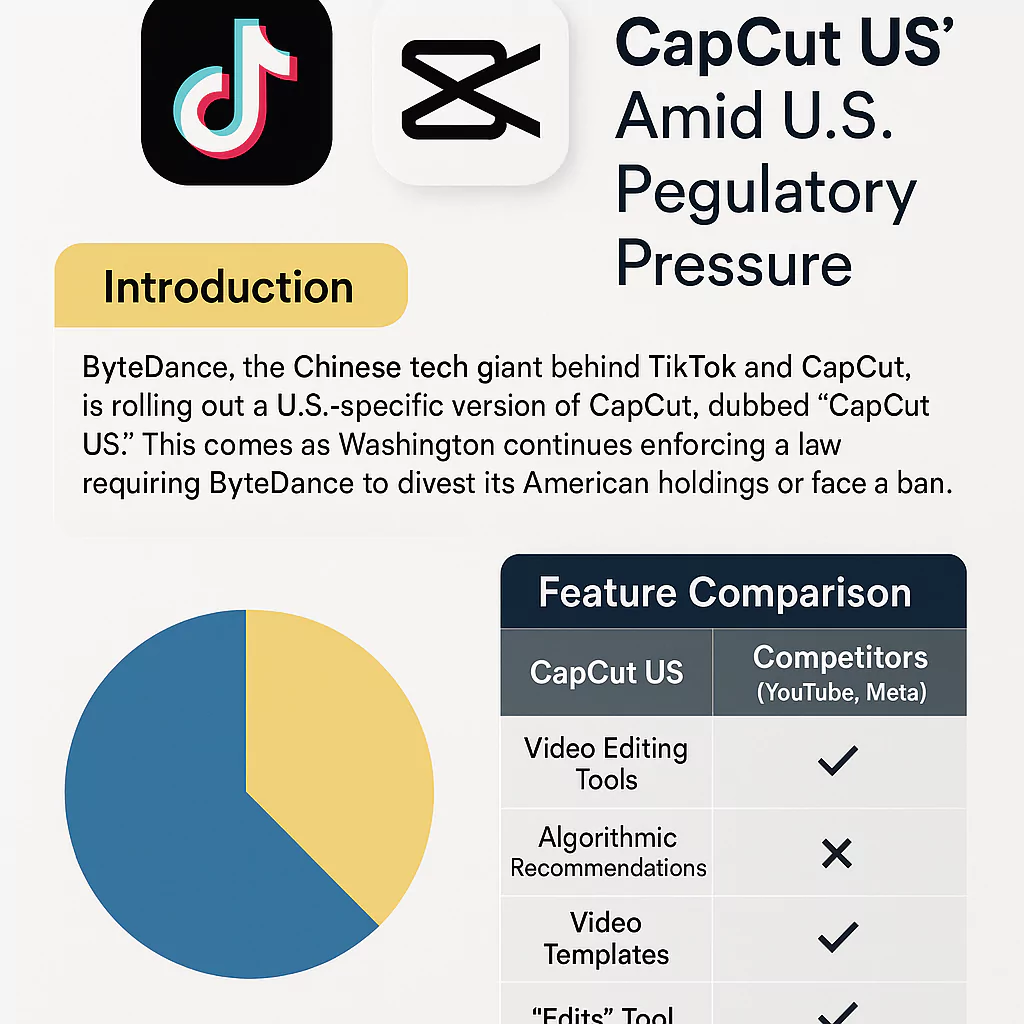
The stakes for users & creators
- Ubiquitous app adoption
CapCut has over 1 billion downloads, and ranks #1 Photo/Video app on Apple’s U.S. App Store, ahead of Instagram and YouTube. A U.S. version must be compelling enough for millions of creators to switch seamlessly. - Data Access & Algorithm Control
Critical questions loom: Will CapCut US include features, video templates, and edits from global users? Who controls the algorithms powering recommendations? This separation must satisfy U.S. security concerns without degrading user experience. - Competitive Pressures
Rivals like YouTube and Meta (with their “Edits” tool) are boosting their editing features to rival CapCut. To maintain dominance, CapCut US will need to offer standout innovation.
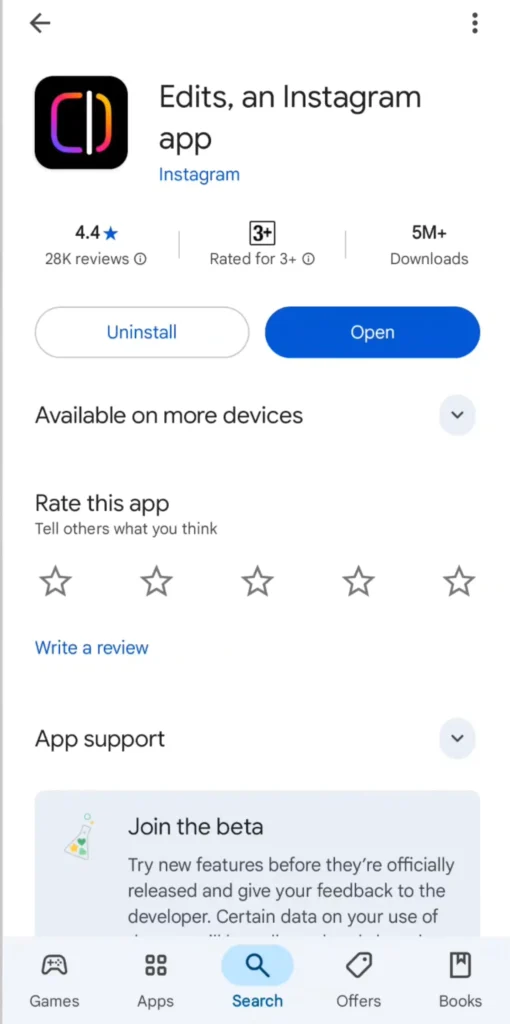
What changes are expected for existing users?
Many creators are asking: what happens next?
- New App Download? Likely yes, CapCut US may be released as a separate app on U.S. app stores.
- Project Files? ByteDance may offer cloud sync or manual transfer tools.
- CapCut Pro Subscriptions? Users may need to migrate their plans—details are pending.
- Editing Features? Expect the core tools to remain, but global templates and effects may be restricted.
Broader Implications
- Tech decoupling trend
The shift to U.S.-specific versions of ByteDance apps underscores a growing trend: global tech companies re-designing platforms to separate data jurisdictions and operations (e.g., Google EU data centers). CapCut US represents the first major move in video editing toward that model. - Ongoing TikTok sale saga
ByteDance is navigating both CapCut and TikTok’s futures. Bidders like Perplexity and AppLovin, plus Trump-backed investor groups, are all vying to acquire TikTok — but any divestiture must clear U.S. and Chinese approval, and align with data jurisdiction rules. - What comes next?
We could also see “U.S. versions” of Lemon8, Gauth, and other ByteDance assets, solidifying a two-track global strategy. How ByteDance executes this could define its future footprint in the U.S.
Global vs. U.S. CapCut: what might be missing?
Here’s what U.S. users might not get in the new version:
- Limited access to trending templates and global creator assets
- Fewer third-party integrations or premium plug-ins
- No cross-border collaboration within the app
Industry reactions & user sentiment
“Splitting the app just seems like a huge hassle for US users.” — CapCut user on Reddit
“We are committed to continue supporting our U.S. creators.” — ByteDance Spokesperson
“CapCut US stands a good chance to maintain its dominance in the market.” — Dan Ives, Tech Analyst
Data privacy & legal background
The move is intended to:
- Ensure U.S. user data is stored locally
- Keep algorithmic decision-making under U.S. oversight
- Prevent potential foreign surveillance risks cited by lawmakers
This approach mirrors what companies like Meta and Google do in the EU—operating region-specific data environments.
Impact on Brands, Agencies & the Creator Economy
Agencies and influencers will face:
- New onboarding processes for CapCut US
- Campaign restrictions if assets are split across app versions
- Possible retooling of automation pipelines and AI-based workflows
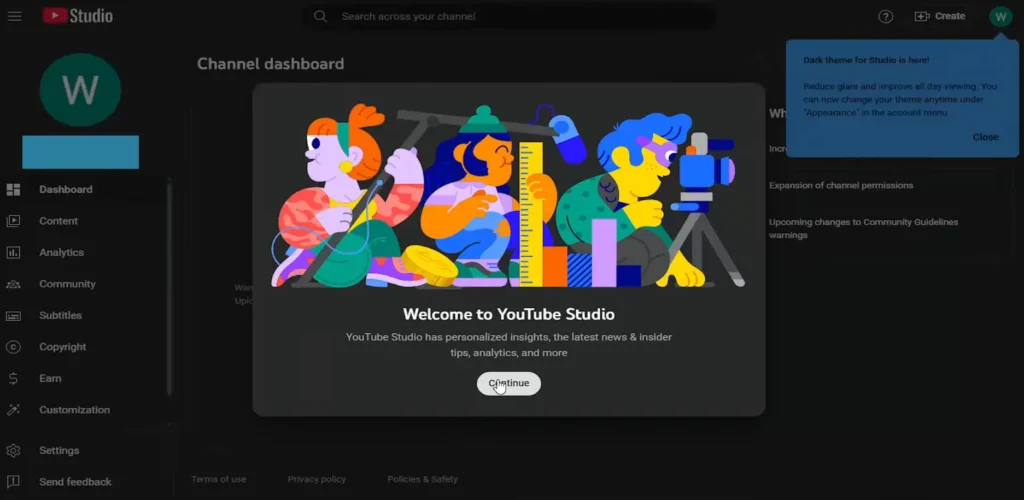
What happens next?
Here are three likely scenarios:
- CapCut US succeeds as a stand-alone platform with full functionality and seamless migration.
- ByteDance sells CapCut and/or TikTok U.S., creating a truly independent entity.
- U.S. enforces a ban, triggering a shift to alternative editors like InShot, Adobe Rush, or Meta Edits.
What do you think?
Are you a CapCut Pro user? Will you switch to CapCut US or look for alternatives? Let us know in the comments below.
Summary
- ByteDance is launching CapCut US, a separate app for American users, aiming to comply with U.S. law and ease national security concerns.
- Whether CapCut US retains full features, templates, and algorithmic capabilities remains to be seen—user adoption will be critical.
- This move marks a broader trend of geopolitical tech decoupling, with ramifications for TikTok’s ownership outcome and future global apps.
ByteDance’s decision to split CapCut into a U.S. version is more than just a technical update—it’s a geopolitical move wrapped in a user experience challenge. How well they pull off this transition could shape the future of mobile video editing in the U.S.
Looking ahead
- Will CapCut US stand on its own? ByteDance must prove it can deliver equal or better value under stricter oversight.
- Will Apple and Google cooperate? App store compliance will be crucial—especially as CapCut US may need separate review and vetting.
- Will this end with a full U.S. divestiture? The fate of both TikTok and CapCut US may hinge on whether ByteDance can secure a deal that satisfies regulators in both countries.

